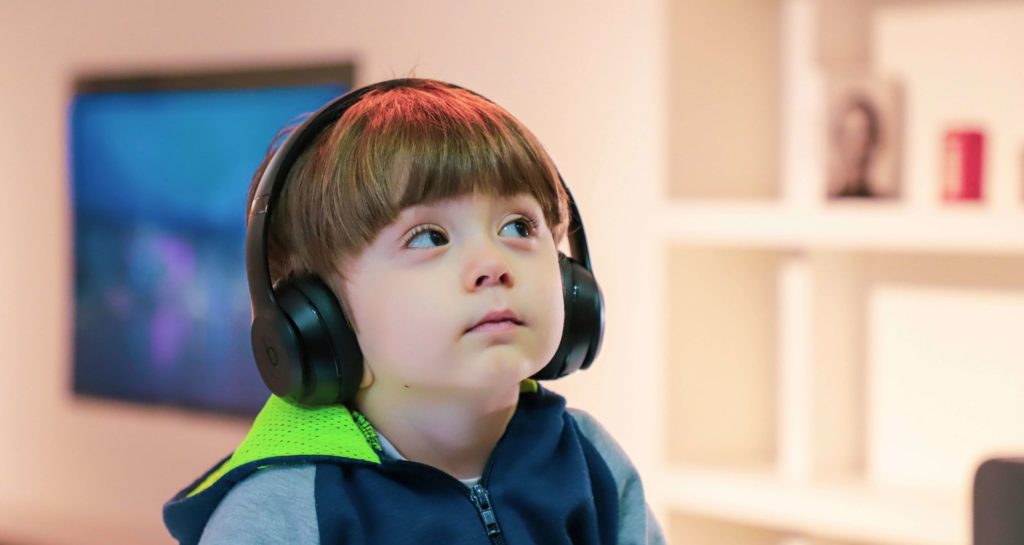
Written by Katie Gray, OTR/L
Combining traditional therapy strategies with Therapeutic Listening can increase the rate at which changes take place.
What is Therapeutic Listening?
Therapeutic listening is a sound-based intervention that was developed to support people of all ages who experience difficulties with sensory processing. It provides stimulation to the auditory system through the use of specifically altered music. This music is designed to stimulate the nervous system and the areas of the brain we use to listen and process sensory information. Therapeutic Listening is different from other listening based interventions as it focuses on the brain connections that the auditory system has to access the nervous system and affect changes throughout the whole body.
What does the intervention look like?
A trained therapist selects music based on child’s individualized goals and clinical picture. The child listens to the music two times a day for thirty minutes, seven days a week with at least three hours in between sessions. For those over the age of two, music is played over specialized headphones designed to play specific frequencies. Music selection is modified by therapist every two weeks based on client’s response to music.
What equipment is needed?
- Specialized headphones
- Music – either used through the app, CD, or microSD chips
- Player – determined based on mode of music selection
What are the benefits?
Per the developers of Therapeutic Listening, Vital Links, the program may benefit a wide variety of individuals, including those experiencing difficulties with:
- poor attention
- difficulties interacting with peers and limited play skills
- challenges with transitions or changes in routine
- difficulty communicating (both verbal and non-verbal)
- struggles with sleep, bowel and bladder control, and eating
- trouble following directions
- challenges perceiving and navigating space
- poor timing and sequencing of motor skills
- difficulties with irritability, mood
- difficulties with regulating their energy level (i.e. too low arousal or hyperactive)
- postural insecurity (fear of heights, playing on playground equipment)
- abnormal responses to various sensory stimuli (sounds, touch, taste, pain)
- poor praxis and motor planning: coming up with an idea, planning, and completing the task
- difficulty responding to sounds and verbal directions
How long do people participate in therapeutic listening?
Participation time is individualized, though most participate for several months.
Special considerations for the use of Therapeutic Listening
It is not advised to use Therapeutic Listening in those with schizophrenia, auditory-evoked seizures, tic disorders, or in those with active ear infections. It is not recommended to use therapeutic listening while engaged in screen time.
Unlock the OT toolbox
Just as with all tools in an OT’s tool box, Therapeutic Listening is not meant to be a standalone intervention, instead it is incorporated as an addition to the interventions already being used by a therapist. Combining traditional therapy strategies with Therapeutic Listening can increase the rate at which changes take place. If you think your child could benefit from Therapeutic Listening please consult with a trained occupational therapist near you.
